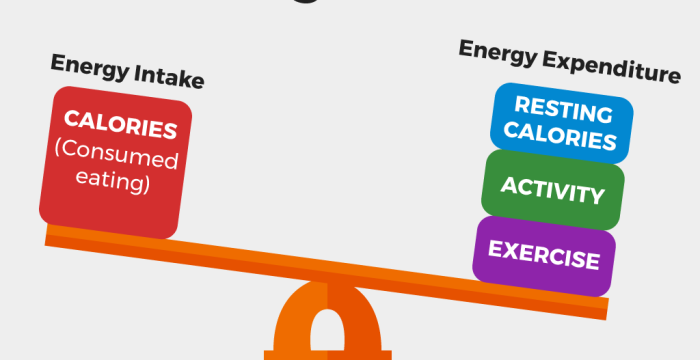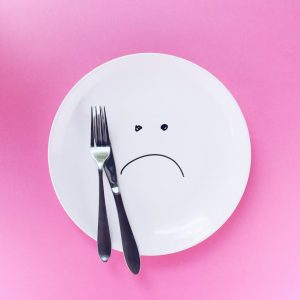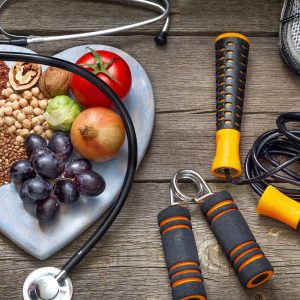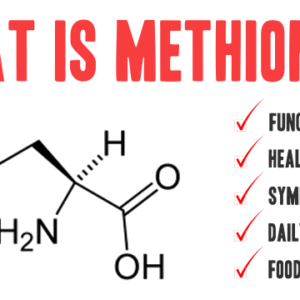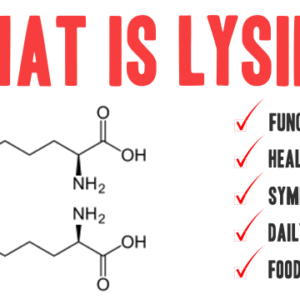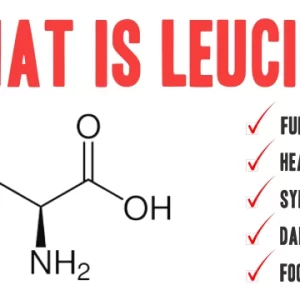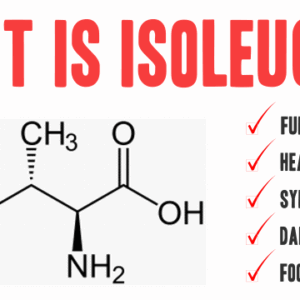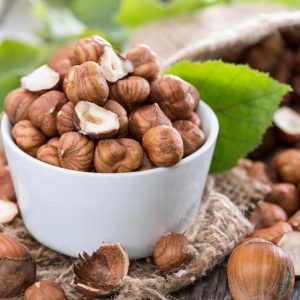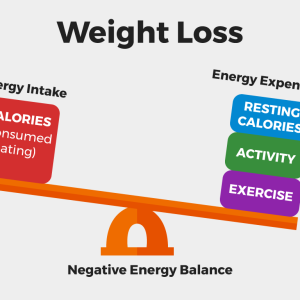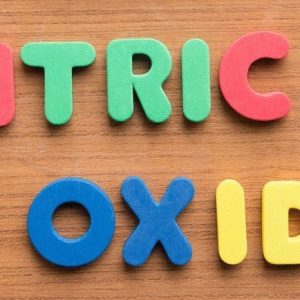Achieving weight loss goals often feels overwhelming due to the abundance of conflicting advice and myths. However, successful weight loss always comes down to a fundamental principle: energy balance. Understanding what energy is, how the body produces it, and how calories fit into the equation gives you control over your weight, performance, and overall health.
This article explores energy metabolism, the role of macronutrients, calorie calculations, metabolic rate, and safe, evidence-based weight loss strategies.
What Is Energy in the Human Body?
In biology and nutrition, energy is defined as the capacity of the body to perform work—whether that’s lifting weights, walking to the store, or simply keeping your heart beating.
Every day, your body operates on a simple equation:
Energy In: the calories you consume from food and drink
Energy Out: the calories your body burns through movement, basic bodily functions, digestion, and thermoregulation
This relationship is known as energy balance. To maintain weight, energy in must equal energy out. A deficit leads to weight loss, while a surplus leads to weight gain.
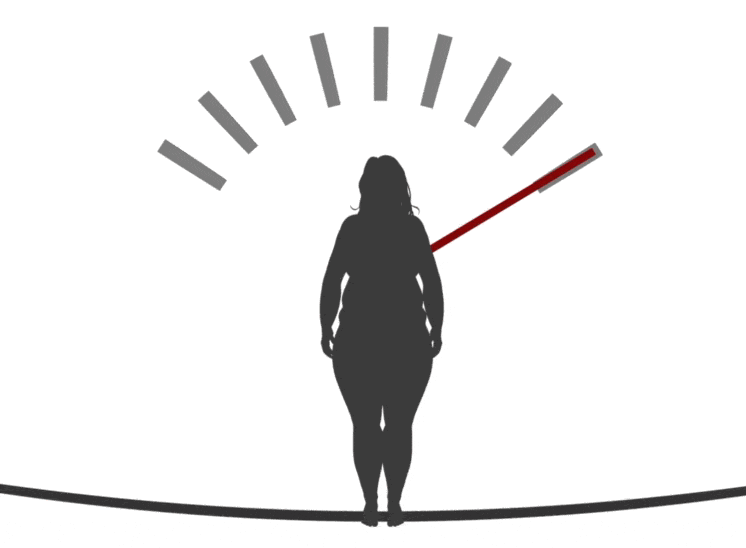 Where Does Energy Come From?
Where Does Energy Come From?
Your body derives energy primarily from the food you eat—specifically from the three macronutrients:
Carbohydrates
Fats
Proteins
These macronutrients are broken down through digestion into smaller, usable components:
Carbohydrates → Glucose
Proteins → Amino Acids
Fats → Fatty Acids and Glycerol
Once absorbed, these molecules enter metabolic pathways that convert them into ATP (adenosine triphosphate)—the body’s main source of usable energy.
What is ATP?
ATP is often called the “energy currency” of the body. The body stores and uses energy in the form of adenosine triphosphate (ATP)—a high-energy molecule that fuels nearly every cell process. ATP is constantly being broken down and regenerated through metabolic pathways, especially during activity and exercise. It fuels nearly every cellular process, including:
Muscle contractions
Nerve signaling
Nutrient transport
Hormone production
However, ATP isn’t stored in large amounts. Instead, it must be constantly regenerated through three major energy systems.
How the Body Produces Energy
The human body produces energy through three primary systems:
1. The Phosphagen System (ATP-PC System)
Used for: High-intensity, short-duration activities (e.g., sprinting, heavy lifting)
Duration: Up to 10 seconds
Fuel source: Stored ATP and phosphocreatine in muscle cells
This system is anaerobic (does not require oxygen) and provides immediate energy.
2. The Glycolytic System
Used for: Moderate to high-intensity activities lasting 30 seconds to 2 minutes
Fuel source: Glucose (from carbohydrates)
By-product: Lactic acid
Also anaerobic, this system breaks down glucose into ATP quickly, but cannot sustain long-term activity due to lactic acid accumulation.
3. The Oxidative (Aerobic) System
Used for: Long-duration, lower-intensity activities (e.g., walking, jogging, resting)
Fuel source: Carbohydrates, fats, and sometimes proteins
Duration: Continuous energy for hours
This system uses oxygen to produce ATP more slowly but in greater amounts.
How Macronutrients Provide Energy
Every calorie you consume comes from one of the three macronutrients:
| Macronutrient | Calories per gram | Role in Energy |
|---|---|---|
| Carbohydrate | 4 kcal | Preferred fuel for the brain and muscles during activity |
| Protein | 4 kcal | Used for energy when carbs/fats are insufficient; mostly for tissue repair |
| Fat | 9 kcal | Energy-dense, ideal for low-intensity, long-duration activity |
What Happens to Excess Calories?
When energy intake exceeds energy expenditure:
Glucose is converted to glycogen and stored in the liver and muscles.
Once glycogen stores are full, excess glucose is converted to fat and stored in adipose (fat) tissue.
Similarly, excess protein or fat intake also contributes to fat storage.
In contrast, when your body doesn’t receive enough calories to meet its needs, it pulls from these energy stores—first glycogen, then fat, and in prolonged deficits, lean muscle.
Understanding Calories: Energy Measurement
A calorie is a unit of measurement for energy. In scientific terms, one kilocalorie (kcal) is the energy needed to raise the temperature of 1 kilogram of water by 1°C.
On food labels:
“Calorie” = “kcal”
So when a snack contains 150 Calories, it provides 150 kilocalories of energy.
Caloric Values of Macronutrients:
1 gram of carbohydrate = 4 kcal
1 gram of protein = 4 kcal
1 gram of fat = 9 kcal
1 kilogram of body fat = ~7,700 kcal
This means that to lose 1 kg of fat, you must create a 7,700 kcal deficit over time.
How Many Calories Should You Eat per Day?
Daily caloric needs vary widely based on:
Age
Sex
Weight
Height
Muscle mass
Activity level
Lifestyle (sedentary vs. active)
Here are estimated daily calorie needs for maintenance:
| Category | Sedentary | Moderately Active | Active |
|---|---|---|---|
| Women (19–30 yrs) | 1,800–2,000 | 2,000–2,200 | 2,400 |
| Women (31–50 yrs) | 1,800 | 2,000 | 2,200 |
| Men (19–30 yrs) | 2,400–2,600 | 2,600–2,800 | 3,000 |
| Men (31–50 yrs) | 2,200–2,400 | 2,400–2,600 | 2,800–3,000 |
To lose weight, aim for a calorie deficit of 500–750 kcal/day. This typically results in 0.5 to 1 kg of weight loss per week, which is a sustainable and healthy rate.
Understanding Metabolism and Calorie Burn
Metabolism refers to all the chemical processes your body uses to convert food into energy. The number of calories your body needs daily is called your Total Daily Energy Expenditure (TDEE). It has several components:
1. Basal Metabolic Rate (BMR)
Calories needed for basic life functions (breathing, organ function, temperature regulation)
Makes up about 60–70% of your daily energy use
2. Thermic Effect of Food (TEF)
Energy used for digestion, absorption, and metabolism of food
Around 10% of total daily calories
3. Physical Activity
All movement, from walking to lifting weights
Varies widely; exercise can significantly increase TDEE
4. Non-Exercise Activity Thermogenesis (NEAT)
Daily movement not considered exercise (fidgeting, housework, walking to the mailbox)
Often overlooked, but can impact weight loss significantly
Exercise and Calorie Deficit
To maximize fat loss, combine a healthy diet with physical activity. Here’s how exercise contributes:
Benefits of Exercise:
Increases calorie burn
Preserves muscle mass while losing fat
Improves metabolic rate
Enhances mood and reduces stress
Promotes long-term weight maintenance
Recommended Physical Activity:
At least 150 minutes of moderate-intensity aerobic activity (e.g., brisk walking) or
75 minutes of vigorous activity (e.g., running) per week
Strength training 2+ days a week to maintain muscle
Strengthening Exercises Should Include:
Legs (squats, lunges)
Hips (hip bridges)
Back (rows)
Core (planks)
Chest (push-ups)
Shoulders (presses)
Arms (curls, extensions)
Sample Weight Loss Strategy
Let’s say your TDEE is 2,200 kcal. To lose fat:
Reduce intake by ~500 kcal/day
New daily goal: 1,700 kcal
Add physical activity to burn ~200–300 kcal/day
Weekly deficit: (500 + 250) x 7 = 5,250 kcal
Approx. weight loss = 0.68 kg/week
Safe and Sustainable Weight Loss Tips
1. Lift Weights and Move Regularly
Weight training builds muscle, which boosts your metabolism and improves body composition.
Muscle burns more calories than fat, even at rest.
2. Ignore the Scale—Focus on Performance
Use non-scale victories:
Are your clothes fitting better?
Are you feeling more energized?
Is your strength increasing?
The scale doesn’t reflect muscle gain or water shifts.
3. Do Not Starve Yourself
Very low-calorie diets slow your metabolism and increase the risk of muscle loss. Aim for no less than:
1,400–1,500 kcal/day for women
1,800 kcal/day for men
DAILY CALORIE CALCULATOR
4. Aim for a 15–20% Calorie Deficit
Avoid aggressive calorie cutting. A moderate deficit is more sustainable and reduces muscle loss risk.
BODY MASS INDEX (BMI)
Find out how to understand your BMI
- If your BMI is below 18.5: Your BMI is considered underweight. Keep in mind that an underweight BMI calculation may pose certain health risks. Please consult your healthcare provider for more information about BMI calculations.
- If your BMI is between 18.5 – 24.9: Your BMI is considered normal. This healthy weight helps reduce your risk of serious health conditions and means you’re close to your fitness goals.
- If your BMI is between 25 – 29.9: You’re in the overweight range. You are at increased risk for a variety of illnesses at your present weight. You should lose weight by changing your diet and exercising more.
- If your BMI is above 30: Your BMI is considered overweight. Being overweight may increase your risk of cardiovascular disease. Consider making lifestyle changes through healthy eating and fitness to improve your health. Individuals who fall into the BMI range of 25 to 34.9, and have a waist size of over 40 inches for men and 35 inches for women, are considered to be at especially high risk for health problems.
BODY FAT INDEX
BODY FAT PERCENTAGE CATEGORIES
| CLASSIFICATION | WOMAN (% FAT) | MEN (% FAT) |
| Essential Fat | 10-12 % | 2-4 % |
| Athletes | 14-20 % | 6-13 % |
| Fitness | 21-24 % | 14-17 % |
| Acceptable | 25-31 % | 18-25 % |
| Obese | 32 % | 25 % |
5. Watch “Fat-Free” Labels
Many low-fat or fat-free foods are high in sugar or processed starch. Prioritize whole, nutrient-dense foods.
6. Prioritize Nutrient-Dense Foods
Focus on reducing calories by limiting:
Sugary drinks
Processed snacks
Refined carbs
Sauces and dressings
Instead, eat:
Lean proteins (chicken, fish, eggs, tofu)
Vegetables and fruits
Whole grains (quinoa, oats, brown rice)
Healthy fats (avocado, olive oil, nuts)
7. Hydrate Strategically
Choose water, herbal tea, or black coffee. Avoid liquid calories unless you need recovery fuel (e.g., post-workout milk or smoothies).
Common Weight Loss Mistakes to Avoid
Drastically cutting calories and over-exercising
Obsessively weighing yourself daily
Eliminating entire food groups unnecessarily
Relying solely on cardio without strength training
Skipping meals, which can lead to binge eating later
Ignoring sleep—poor rest impairs hunger hormones and recovery
Summary: Mastering the Energy Equation
Weight loss is not about perfection—it’s about consistency. Once you understand that energy balance is the foundation, you can confidently tailor your strategy to your lifestyle and preferences.
Key Takeaways:
Calories are a measure of energy.
To lose fat, create a calorie deficit through diet and movement.
Safe weight loss = 0.5 to 1 kg per week.
Exercise preserves muscle, improves health, and increases calorie burn.
Aim for consistency, not restriction.
Final Thoughts
By understanding how your body uses energy and how to manage calories properly, you gain the power to transform your physique and optimize your health. Whether your goal is fat loss, muscle building, or maintenance, everything starts with knowledge of energy balance.

